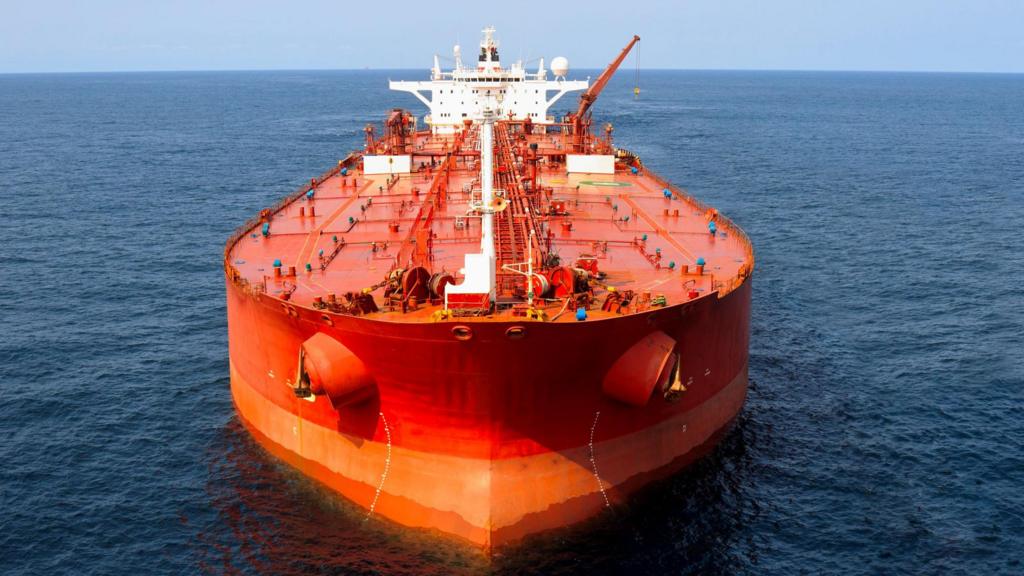Global oil prices surged following Israel’s reported strikes on Iranian targets, significantly escalating Middle East tensions. Benchmark Brent crude experienced a double-digit percentage increase immediately following the news, reaching its highest point since January.
Market concerns center on the potential disruption of energy supplies from the region should a wider conflict between Iran and Israel erupt. Crude oil price fluctuations directly impact various sectors, from transportation costs to grocery prices.
While oil prices slightly retreated after the initial spike, Brent crude remained over 5% higher than the previous day’s close, trading near $74.47 per barrel. Despite Friday’s increase, prices remain over 10% below year-ago levels and considerably lower than the peaks observed in early 2022 following the Ukraine conflict.
Asian and European stock markets experienced declines. Japan’s Nikkei index closed down 0.9%, and the UK’s FTSE 100 fell 0.3% by midday. US markets also opened lower, with the Dow Jones Industrial Average dropping 1.5% and the S&P 500 declining 0.8%.
Conversely, “safe haven” assets like gold and the Swiss franc saw gains, reflecting investor preference for stability during times of uncertainty. Gold reached a near two-month high, rising 1.2% to $3,423.30 per ounce.
The Israeli Defense Forces (IDF) reported that Iran launched approximately 100 drones towards Israel. Energy market analysts are closely monitoring the situation’s evolution.
Vandana Hari of Vanda Insights commented to the BBC that the situation is volatile but could de-escalate quickly, similar to previous incidents. However, she acknowledged the potential for a broader conflict disrupting Middle Eastern oil supplies.
Capital Economics analysts suggested that targeting Iranian oil production or export facilities could drive Brent crude to $80-$100 per barrel. They also noted that such a price surge would likely incentivize increased production from other sources, mitigating the price increase and inflationary pressures.
RAC spokesman Rod Dennis stated it’s premature to determine the impact on petrol prices, citing the need to assess the duration of higher wholesale fuel prices and retailer margins.
A worst-case scenario involves Iran disrupting millions of barrels of daily oil supply by targeting infrastructure or shipping in the Strait of Hormuz, a critical global shipping route for approximately one-fifth of the world’s oil.
MST Financial’s Saul Kavonic described the current market reaction as initial risk-on behavior, emphasizing the need for further assessment of potential escalation in the coming days.
Additional reporting by Katie Silver
Middle East conflicts frequently lead to higher wholesale energy prices, potentially contributing to inflation.
Benjamin Netanyahu has long argued that Iran’s potential nuclear capability poses an existential threat to Israel.
The BBC’s Hugo Bachega reports from Jerusalem following Israel’s overnight strikes on Iranian sites.
Last month, Iranian officials warned of severe retaliation if attacked by Israel or the US.
Rising tensions between leaders regarding Iran are now accompanied by US distancing from Israel’s “unilateral action”.

